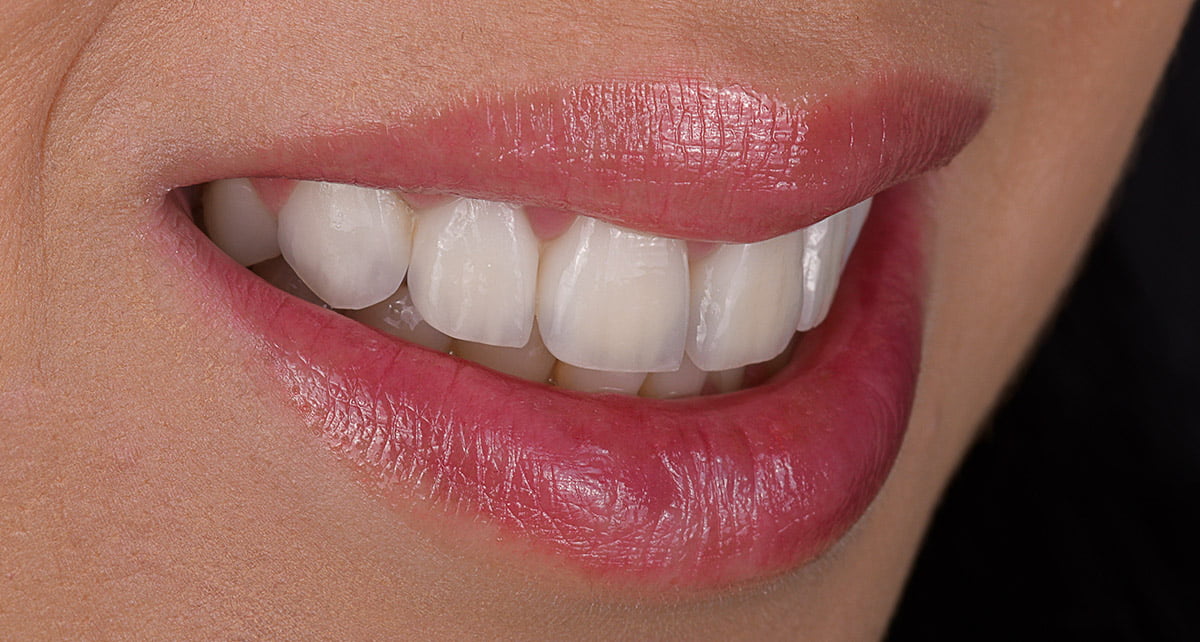
Blog
Home and Natural Remedies for Toothache Pain

Here are some home remedies you can try to relieve toothache pain:
- Rinse your mouth with warm salt water. This can help to reduce inflammation and swelling.
- Apply a cold compress to your cheek. This can help to numb the pain and reduce swelling.
- Take over-the-counter pain medication. Acetaminophen or ibuprofen can help to reduce toothache pain.
- Use clove oil. Clove oil has natural pain-relieving and antiseptic properties that can help to reduce toothache pain.
- Avoid hot or cold foods. These can increase sensitivity and worsen toothache pain.
- Use dental floss to remove food that may be stuck between your teeth. This can help to prevent further irritation and infection.
- Avoid chewing on hard foods. This can increase the risk of cracking or damaging a tooth.
If home remedies don’t provide relief, it’s important to see a dentist as soon as possible. A dentist can diagnose the cause of your toothache and provide appropriate treatment.
In the meantime, here are some things you can do to prevent toothaches:
- Brush your teeth twice a day with a fluoride toothpaste.
- Floss daily to remove plaque and food particles from between your teeth.
- Use mouthwash to kill bacteria and freshen your breath.
- Avoid sugary and acidic foods and drinks.
- Don’t use tobacco products.
- Get regular dental checkups and cleanings to prevent tooth decay and gum disease.
By following these steps, you can help to prevent toothaches and keep your mouth healthy.
Causes of toothache:
- Tooth decay: Tooth decay occurs when bacteria in your mouth produce acid that eats away at the enamel of your teeth. As the decay progresses, it can reach the inner layer of your tooth (the dentin) and cause sensitivity and pain.
- Cracked tooth: A cracked tooth can cause pain when you bite down or chew. The pain may be sharp or intermittent.
- Abscess: An abscess is a pocket of pus that forms at the end of a tooth or in the gum tissue. It can cause severe toothache pain and may be accompanied by fever and swelling.
- Gum disease: Gum disease, also known as periodontal disease, is an infection of the tissues that support your teeth. It can cause toothache pain, gum swelling, and tooth loss if left untreated.
Prevention:
To prevent toothaches, it’s important to practice good oral hygiene by brushing and flossing regularly, using mouthwash, and avoiding sugary and acidic foods and drinks. It’s also important to get regular dental checkups and cleanings to detect and treat any problems before they become painful.
Treatment:
The treatment for a toothache will depend on the cause. Here are some common treatments:
- Fillings: If the toothache is caused by a cavity, the dentist will remove the decayed portion of the tooth and fill the cavity with a composite filling.
- Root canal: If the toothache is caused by an infected tooth, the dentist may recommend a root canal procedure to remove the infected tissue and save the tooth.
- Extraction: If the tooth is beyond repair, the dentist may recommend extracting (removing) the tooth.
- Antibiotics: If the toothache is caused by an abscess or gum infection, the dentist may prescribe antibiotics to clear the infection.
It’s important to see a dentist as soon as possible if you have a toothache. Delaying treatment can lead to more serious problems and increased pain.
